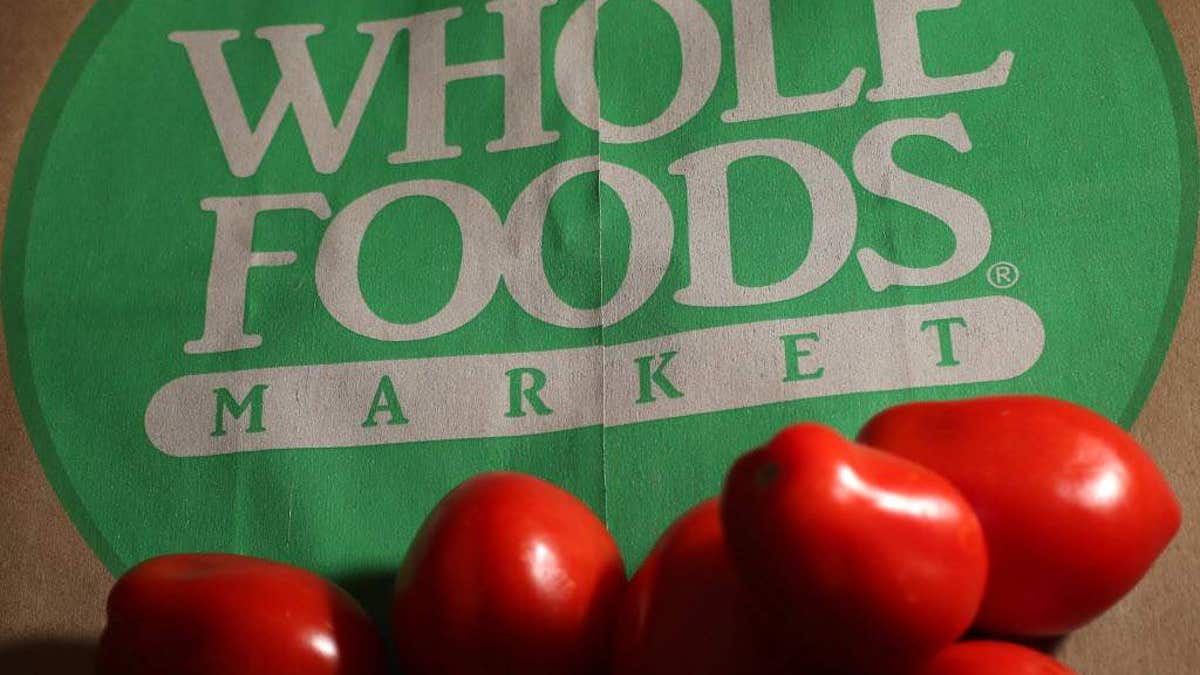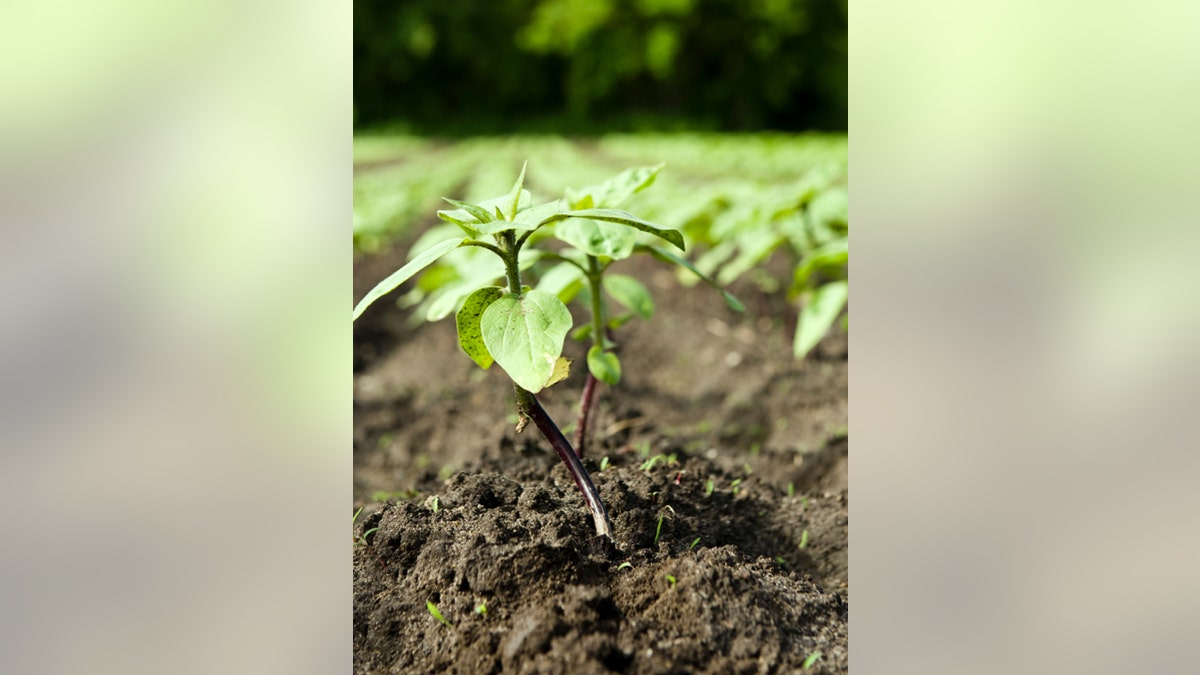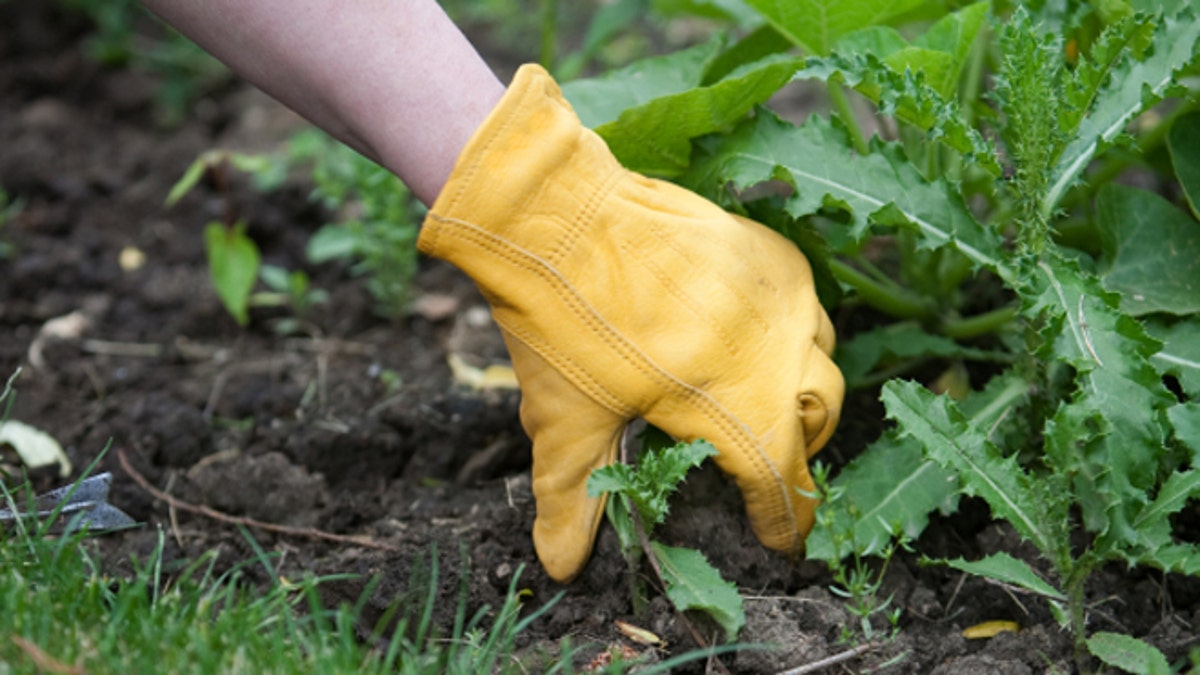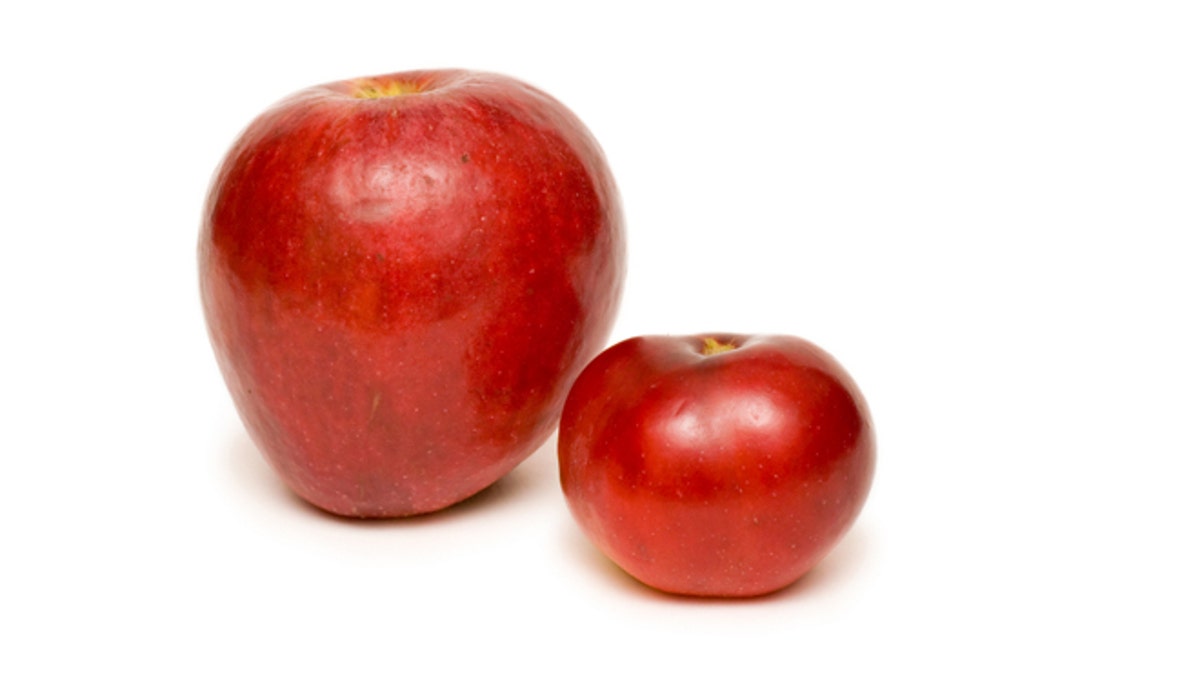Certified organic products — those that are in compliance with specific standards during their production, storage, processing, and handling — are often more expensive than their non-organic counterparts.
This is due largely to the fact that producing them with ecological and social factors in mind is expensive. Instead of growing foods with synthetic pesticides or fertilizers, organic farmers incur additional costs when they can use natural farming practices to prevent pests and diseases, to enhance the health of the soil, and to raise animals more humanely.
Committing to organic farming practices and choosing not to rely on chemicals to control pests, weeds, and disease usually also means more work for farmers. Organic farms use site-specific management practices; this means that farmers and farm workers spend more time caring for their crops and animals so that they can make informed decisions about how to best manage them. For example, conventional farmers kill weeds with chemical sprays while organic farmers spend time in their fields weeding their crops by hand.
The extra time and effort dedicated to raising, shipping, and selling organic food drives up its price. Extra farmworkers employed or extra time spent doing jobs by hand translates into higher labor costs, producing food without any synthetic fertilizers to speed their growth mean organic foods take longer to make it to markets and their price must be raised to compensate. Even transport costs are greater for organic producers, since they ship in smaller batches separate from conventional foods to prevent cross-contamination.
Basically, organic farmers incur extra costs so they can produce food that is good for us and good for the environment.
Looking for more details? Here’s a closer look at the way organic certification impacts farming practices and seven specific reasons organic food is so expensive.
1. Organic Certification

(AP File Photo)
There are several costs involved in gaining organic certification. Not only is there an annual fee, but some farms may have to hire additional employees to assist in daily record-keeping or make modifications to their land and equipment in order to comply.
2. Organic Fertilizer

Young sunflower sprout in a field (iStock)
Conventional farms use chemical fertilizers that are cheap to purchase and ship. By contrast, organic farmers fertilize with manure or compost — if they can't produce enough organic fertilizer on their own farm then they can purchase more, but these types of fertilizers are expensive and cost more to ship than their synthetic counterparts.
3. Weeding by Hand

(iStock)
Forgoing synthetic pesticides (which are highly effective when it comes to eliminating weeds) means more manual labor. Often organic crops are weeded by hand, which means more work and potentially more workers.
4. No Growth Enhancers

Two red apples: big one and small one isolated on white background. (iStock)
Organic products also refrain from the use of growth enhancers and hormones. This means crops and animals can take longer to reach maturity. The extra time spent caring for these plants and animals, and the delay in profit from their sale, raises the cost of organic products further.
Check out more reasons why organic produce costs more.
More from The Daily Meal
7 Herbal Teas That Will Make You Feel Better
101 Best Farmers Markets in America for 2015
8 Ways to Make the Most Out of Your Trip to the Farmers Market
